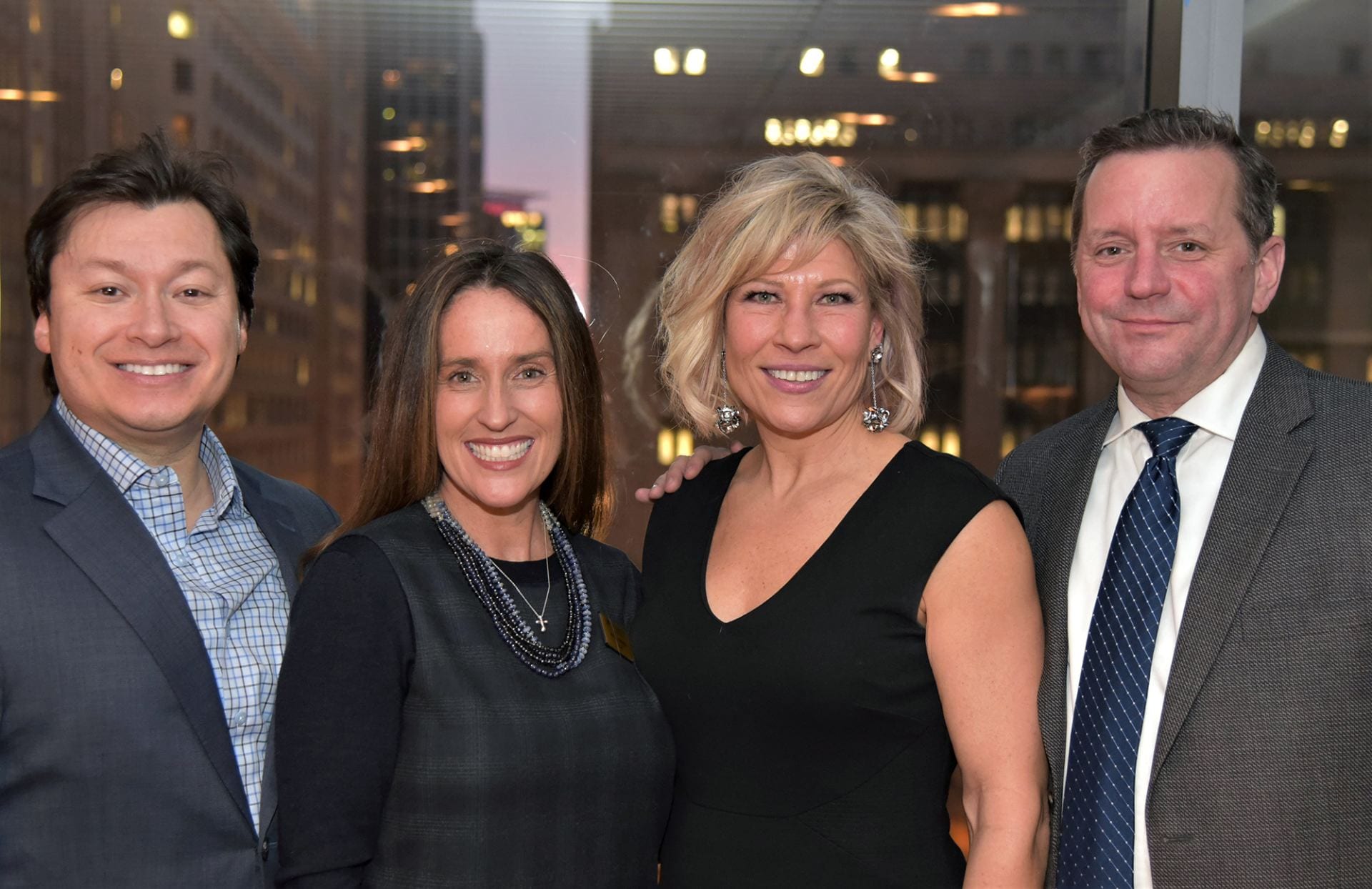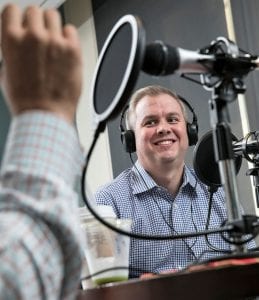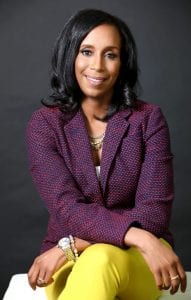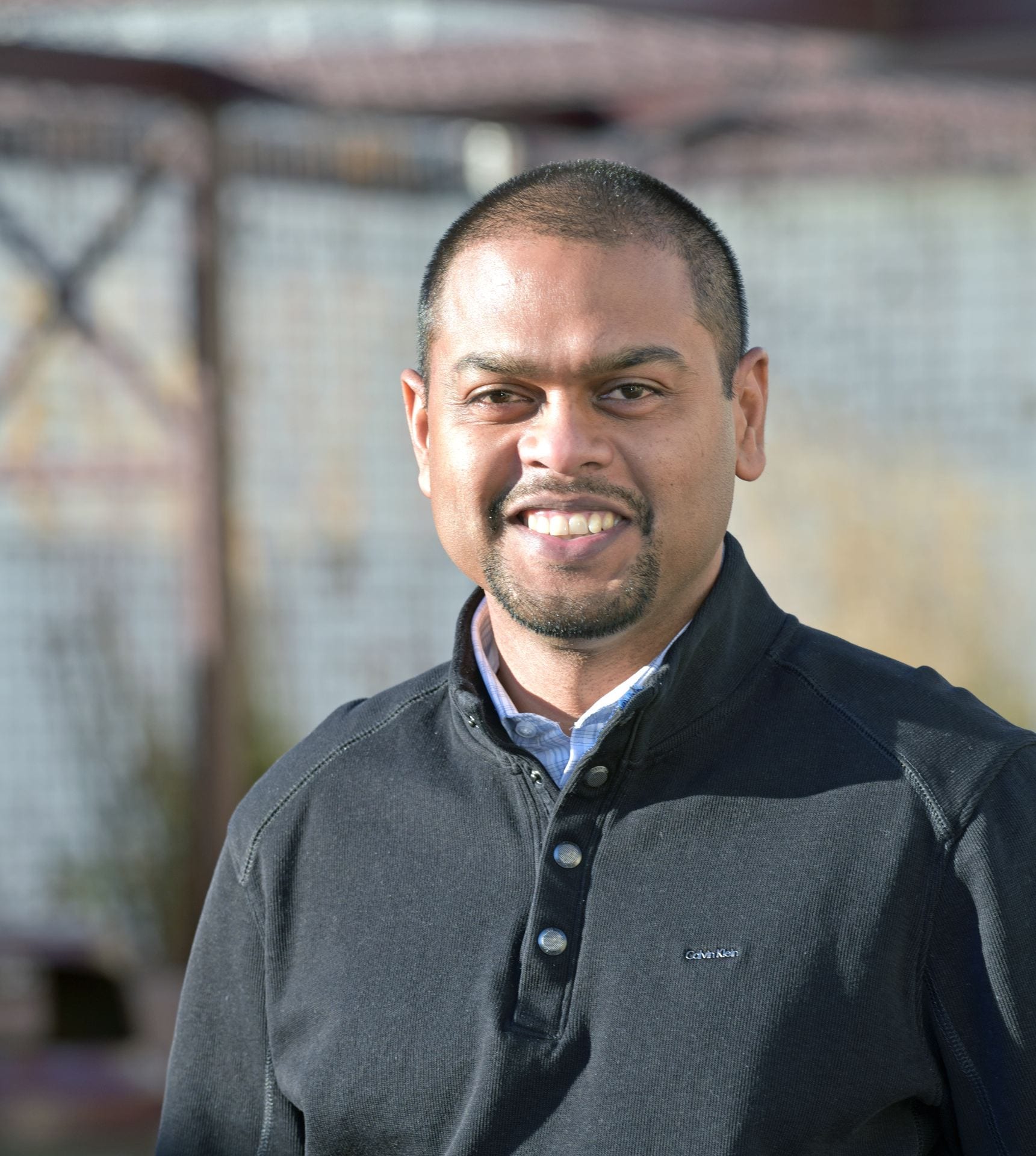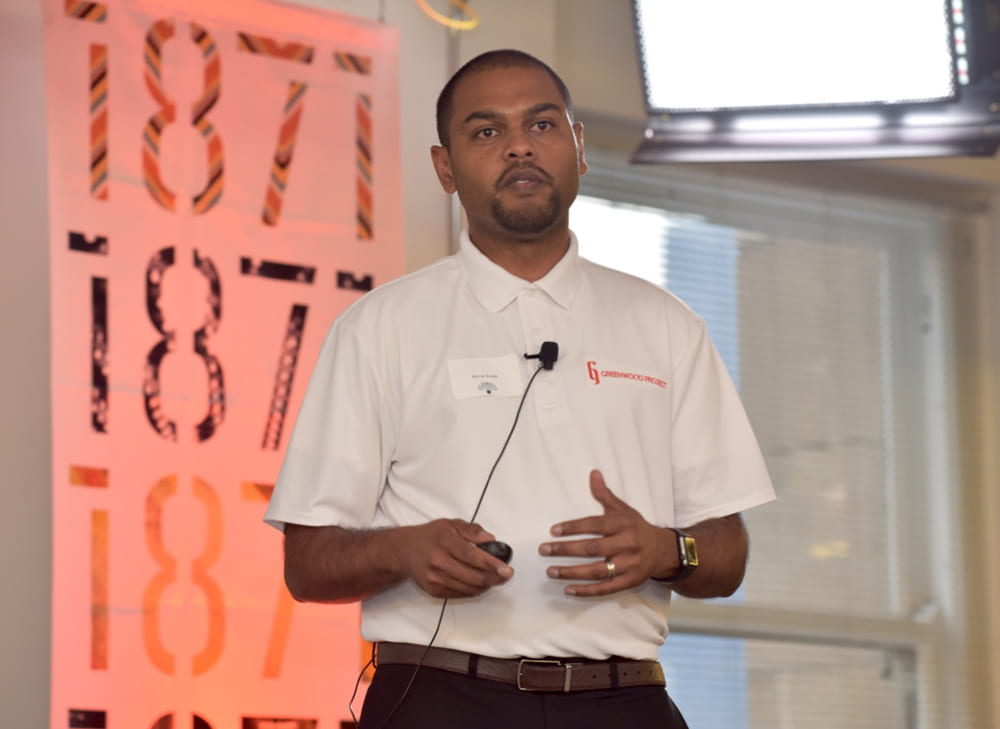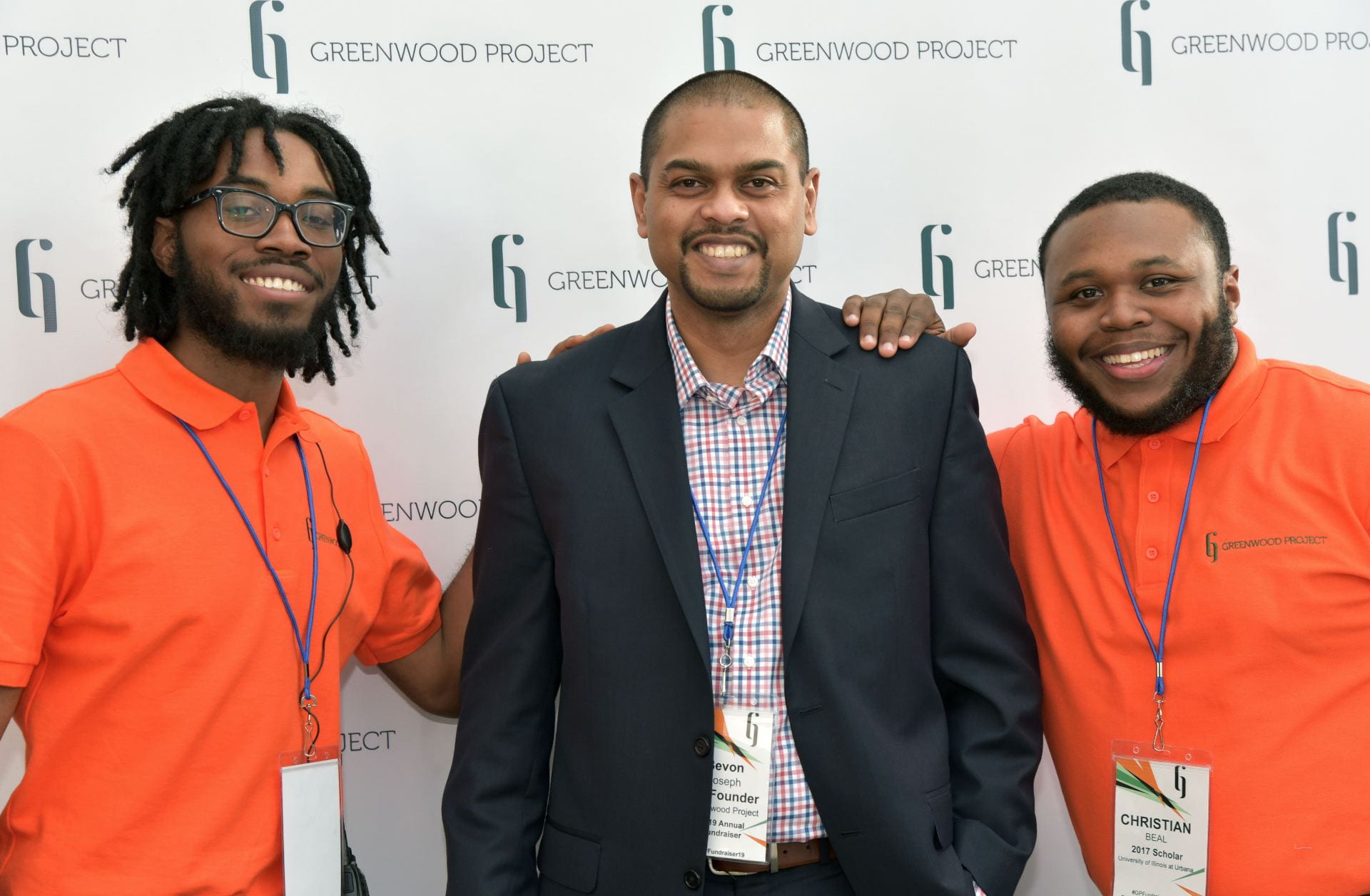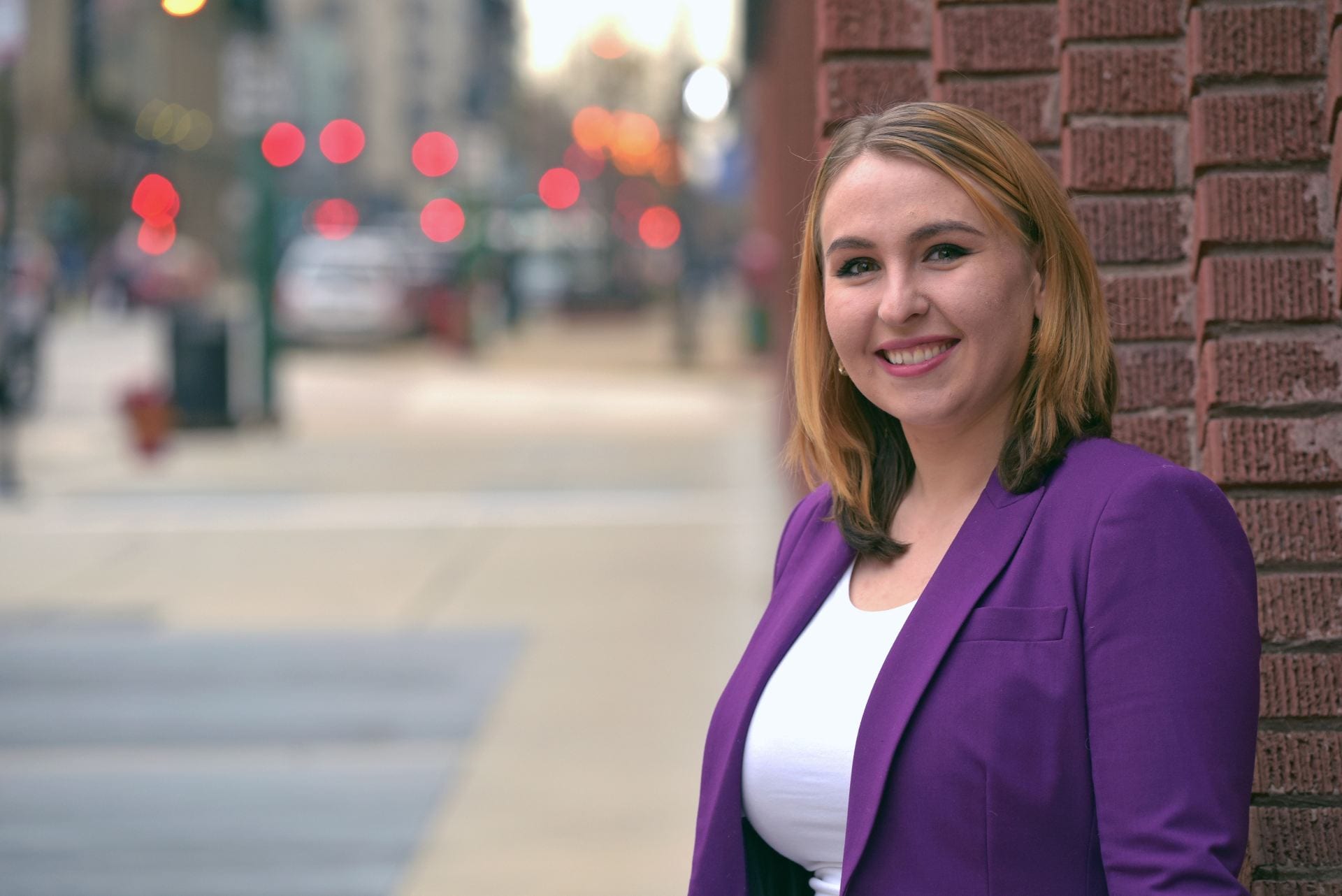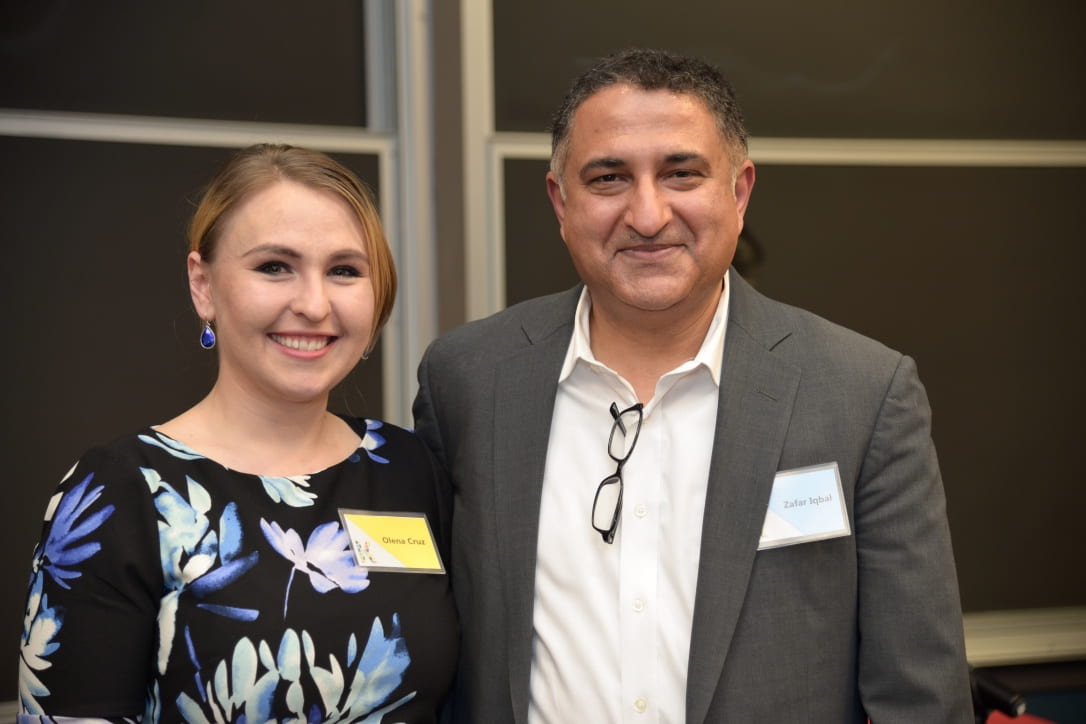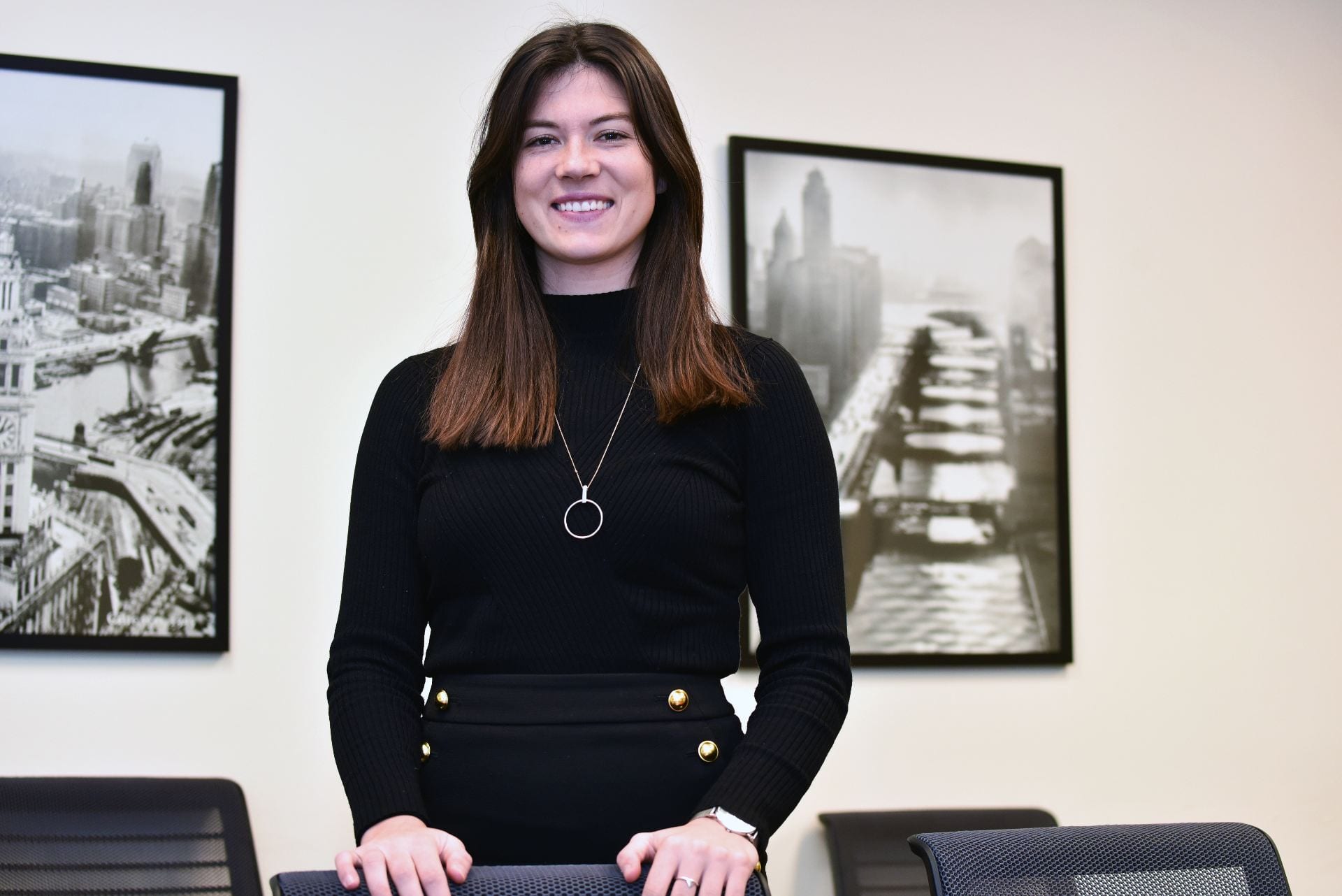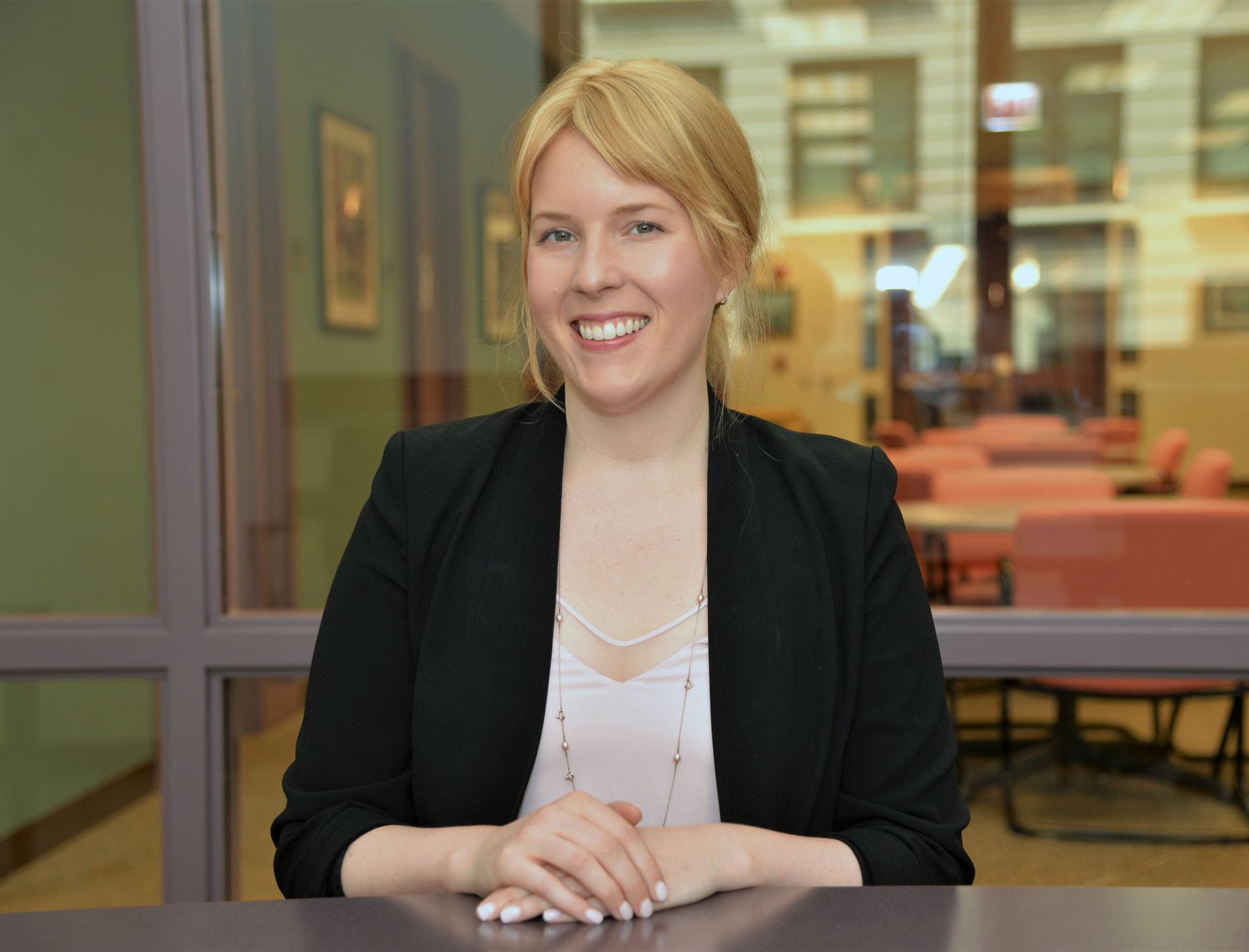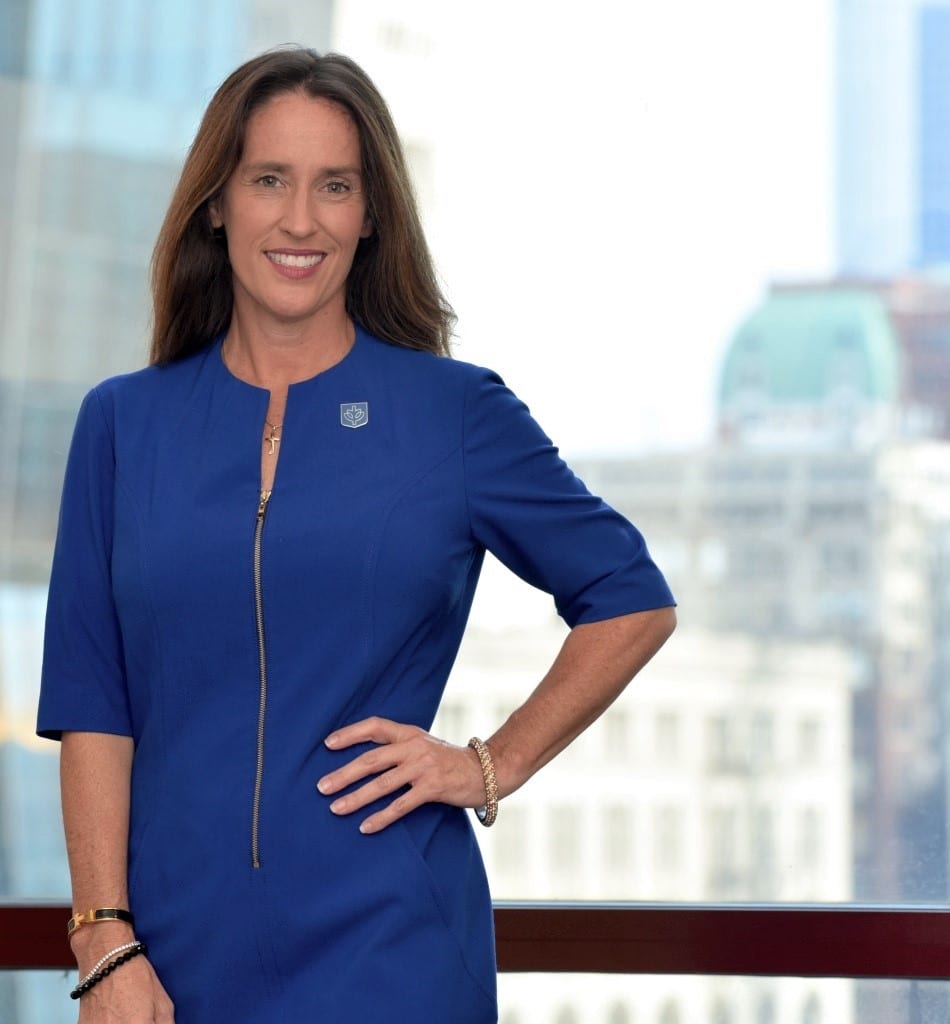
Spring usually marks the end of the academic calendar at our college, but this year, it represents a new beginning. We recently finalized the Driehaus College of Business 2024 Strategic Plan: Connection, Culture & Commitment, and our community has sprung into action to start implementing its ambitious initiatives. The plan’s goals are grouped around strengthening these three pillars of our success:
CONNECTION to the Chicago business community and our global alumni network.
CULTURE of academic excellence within our faculty, staff and student community.
COMMITMENT to student success and the high-value experience.
As alumni, you play a vital role in helping our college achieve its strategic goals, especially those associated with our first pillar of success. Our city is home to many options for business education, but the Driehaus College of Business is distinctive among them. Founded in the heart of Chicago’s business district more than a century ago, our college has built its reputation on producing career-ready graduates who make business work in “The City That Works.” Today, more than 67 percent of our 66,888 business alumni live and work in the Chicago area.
Our strategic plan calls for our college to strengthen its bond with this extensive, local network by better engaging alumni in the life of our college. Our aim is to build a community of alumni leaders who inspire our students by guest-lecturing on campus, opening their organizations to experiential learning and job shadowing, and mentoring the future business leaders studying at our college. We plan to invite more of you to serve on our advisory boards to help guide our curriculum and programming. We also want to partner with you to host alumni networking, professional development, social and fundraising events, as well as connect you and your organizations to our centers and institutes in mutually beneficial ways. Together, we can firmly establish our college as a top choice for Chicago business education, talent recruitment, thought leadership and professional engagement.
The other pillars in our strategic plan challenge us to enhance the market-responsiveness of our programs, expand student services that support success, facilitate the recruitment and retention of top scholars, and create new cutting-edge business centers and institutes, among other goals. Our Vincentian values also commit us to providing students from diverse and financially disadvantaged backgrounds access to a high-quality, holistic, real world college education. Reaching our goals in a mission-focused way means that we will be seeking more resources to support our strategic initiatives.
What energizes me most about our new strategic plan is meeting students who embody our college’s mission. That mission pledges us to “develop socially responsible leaders and managers who are prepared to add immediate value in today’s diverse and globalized environment.” In our cover story, you’ll meet four of these young leaders who are using their DePaul business education to make a difference today on our campus, in business and in our community. These young leaders inspire us to embrace our role as Chicago’s business school.
Misty Johanson
Dean
Driehaus College of Business

